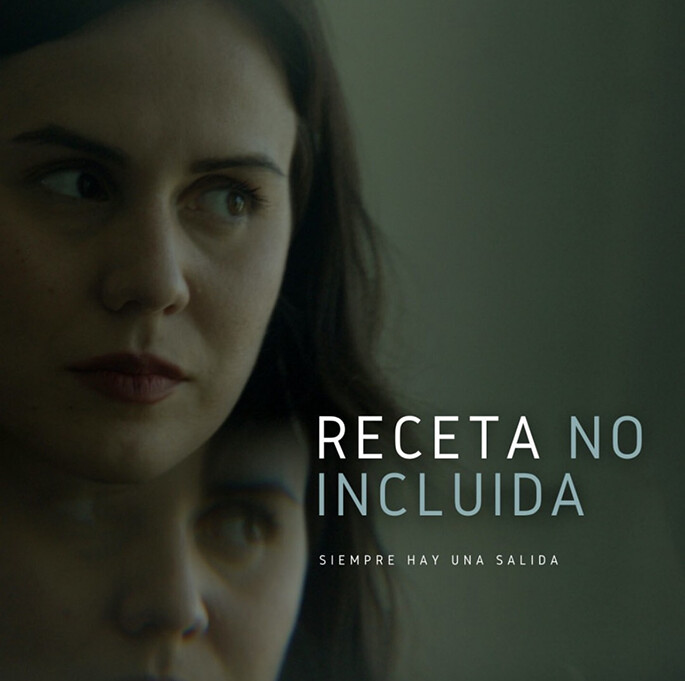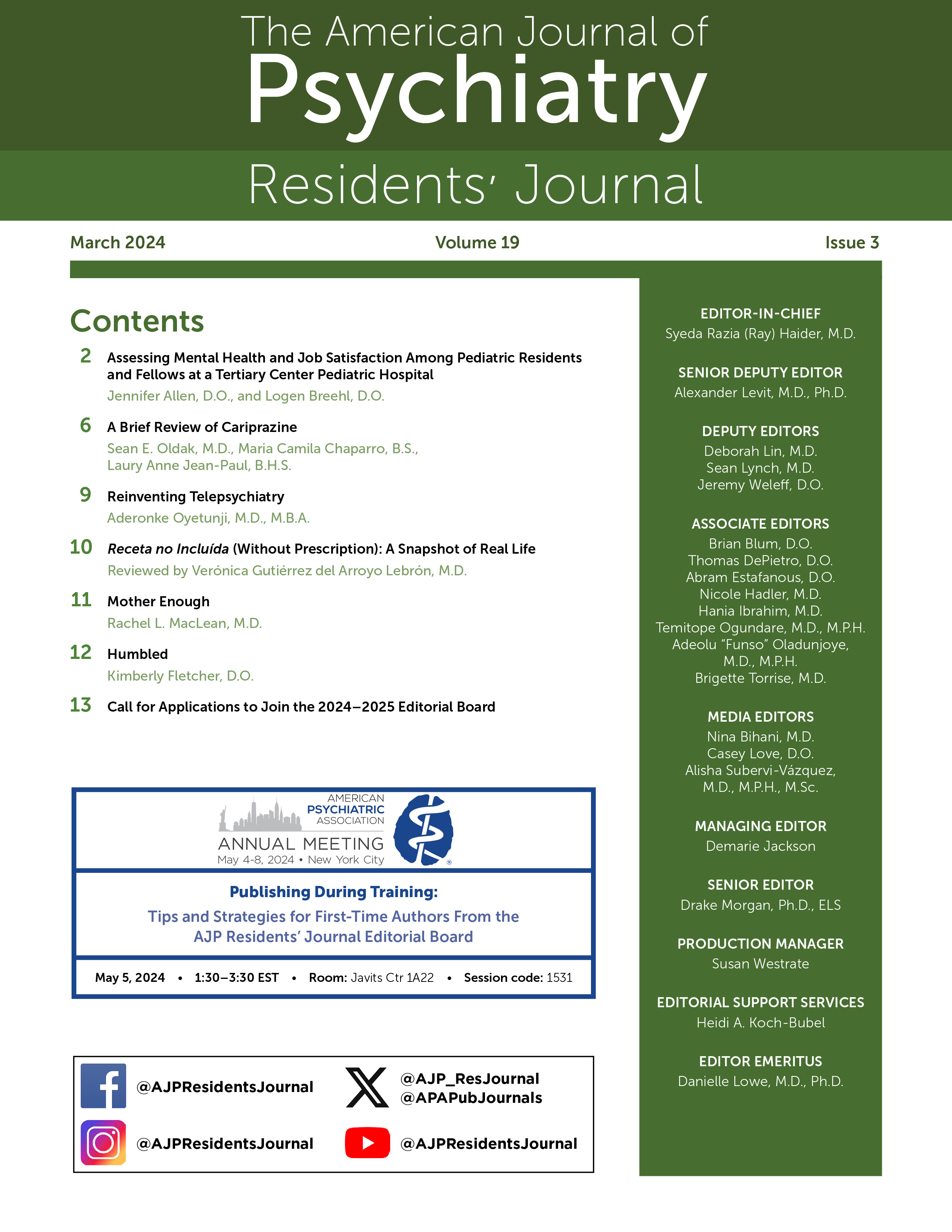
Mental health has recently flourished as a common conversation topic, and a recent film has succeeded in portraying mental health conditions in a genuine way. Receta no Incluída (Without Prescription) is an accurate representation of what it means to struggle with obsessive-compulsive disorder (OCD) and mental health conditions in today’s health care system. Written and performed by Marietere Velez and directed by Juliana Maite, the film won the 2022 South by Southwest Audience Award and Festival de Huelva Colon de Plata Best Group Interpretation.
It’s Christmastime, and Olivia is a schoolteacher without health insurance who is struggling with OCD yet again. To relieve her reappearing debilitating symptoms, she ventures off to buy her medication illegally from David, a town pharmacist. In her search for fluvoxamine and because it’s a very rainy day, Olivia and David share more than they signed up for. It turns out that David also has his fair share of struggles. Added to this pair is Jessica, Olivia’s friend and David’s ex-girlfriend, whom Olivia met at a psychiatric unit. Jessica appears to struggle with maintaining stable relationships and regulating her emotions. Deeper into the day, these characters’ stories intertwine, and they realize they have more in common than they thought. As they start to share their deepest confidences related to mental health, they find solace in knowing they are not alone.
More than anything, the film does an excellent job in depicting an example of OCD and how it can be unseen yet debilitating (
1). Olivia has mental obsessions regarding her mouth and with intrusive thoughts that tell her to spit. As she explains, her OCD is a voice that never leaves, and she sometimes cannot differentiate it from her own voice. She also has compulsions of spitting, washing her mouth, and using something sharp to clean her teeth, which in severe exacerbations, has prompted her to remove her teeth. We see her struggle with obsessions and compulsions in familiar places and ordinary conversations that impair her attention, concentration, mood, and quality of life. Moreover, Olivia’s OCD is evidently not well understood by her family, something very common due to misinformation regarding this condition (
1).
Olivia’s symptoms, like many patients’ symptoms, flare up during stressful times, in this case at Christmastime, and their onset is related to past trauma. This is one of various potential environmental risk factors for this condition; others include perinatal adverse events and stressful life events (
1). OCD is a complex disease resulting from gene-environment interactions that are yet to be fully delineated. It involves cognitive-affective dysfunction, alterations in neural circuits (e.g., the cortico-striato-thalamo-cortical, frontolimbic, and frontoparietal networks), differences in brain activation of certain areas, and alterations in neurotransmitter systems (dopamine, serotonin, and glutamate) (
1).
Contributing to Olivia’s dysfunction is the fact that she does not have health insurance from her employer, and she does not seem to be in a stable enough economic condition to afford the cost of an insurance plan, an experience a portion of the U.S. population can relate to (
2). The lack of insurance makes it difficult for her to obtain a prescription or receive medical care through conventional legal ways, highlighting how social determinants of health (economic status and health care access) affect health outcomes (
3).
Receta no Incluída encompasses one single day, but it is enough for the audience to understand the real and genuine struggles of people living with mental health conditions, namely OCD, within today’s health care system. No need for exaggerated drama or out-of-this-world theatrics, just a raw snapshot of real life. This film reminds us that behind diagnoses and symptoms, at the end of the day we are all just people striving to live with our complexities, to connect, and to simply be.

